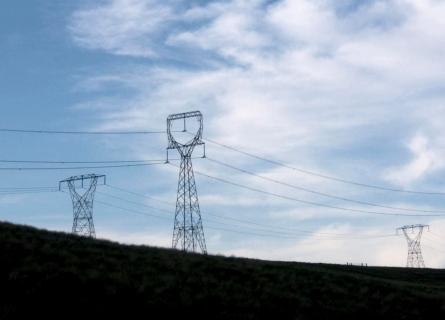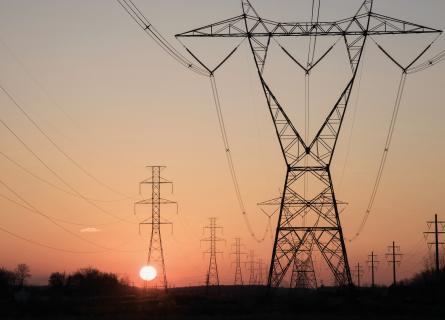
Review of electricity market design in Great Britain
When
AFRY study finds a move to locational pricing in UK electricity market would be high risk for little reward
Over the past 15 months, AFRY has completed a review of electricity market arrangements in Great Britain, in response to a government consultation. Using its power modelling expertise, AFRY assessed proposals to switch to locational electricity markets. Changing to a zonal or nodal market could dent investor confidence and comes with little modelled benefit. Investor confidence is particularly important considering the recent offshore wind auction that received no bids, in the context of the target to decarbonise the power system by 2035 and the limited window to do so. Due to the risks associated with changing the market design radically, a more evolutionary approach to improving to market arrangements is recommended.

Slide pack and recording
Study Background
The study was initiated in response to the electricity transmission operator National Grid’s programme for net zero reform, and the Review of Electricity market Arrangements (REMA) process, which was launched by the Department for Business, Energy & Industrial Strategy, now the Department for Energy Security and Net Zero (DESNZ) in July 2022. One of the most divisive topics in the REMA consultation is whether the current national wholesale energy market should be subdivided into zones or nodes, in which energy wholesale prices would vary by location. This change would result in a locational energy market.
The Phase 1 report was published in October 2022. In the recently published Phase 2 report, AFRY has quantitatively addressed the issue of locational energy pricing. The Phase 2 report, which has been informed by a wide range of market participants, and detailed modelling of proposed electricity market arrangements. Phase 2 of the study confirms that evolutionary change is advisable to maintain the investment momentum which is required to deliver a decarbonised power sector by 2035.
Find out more about the study here.




